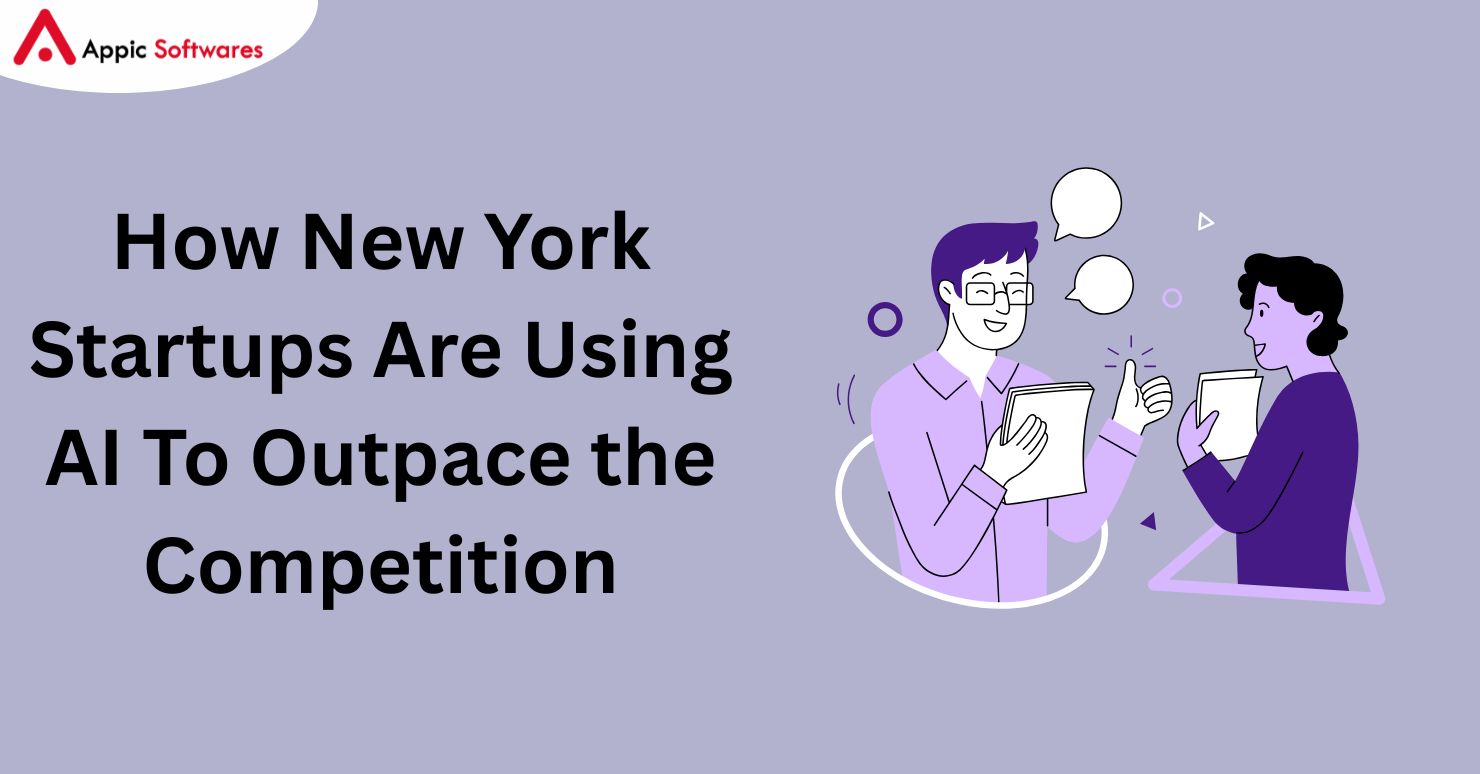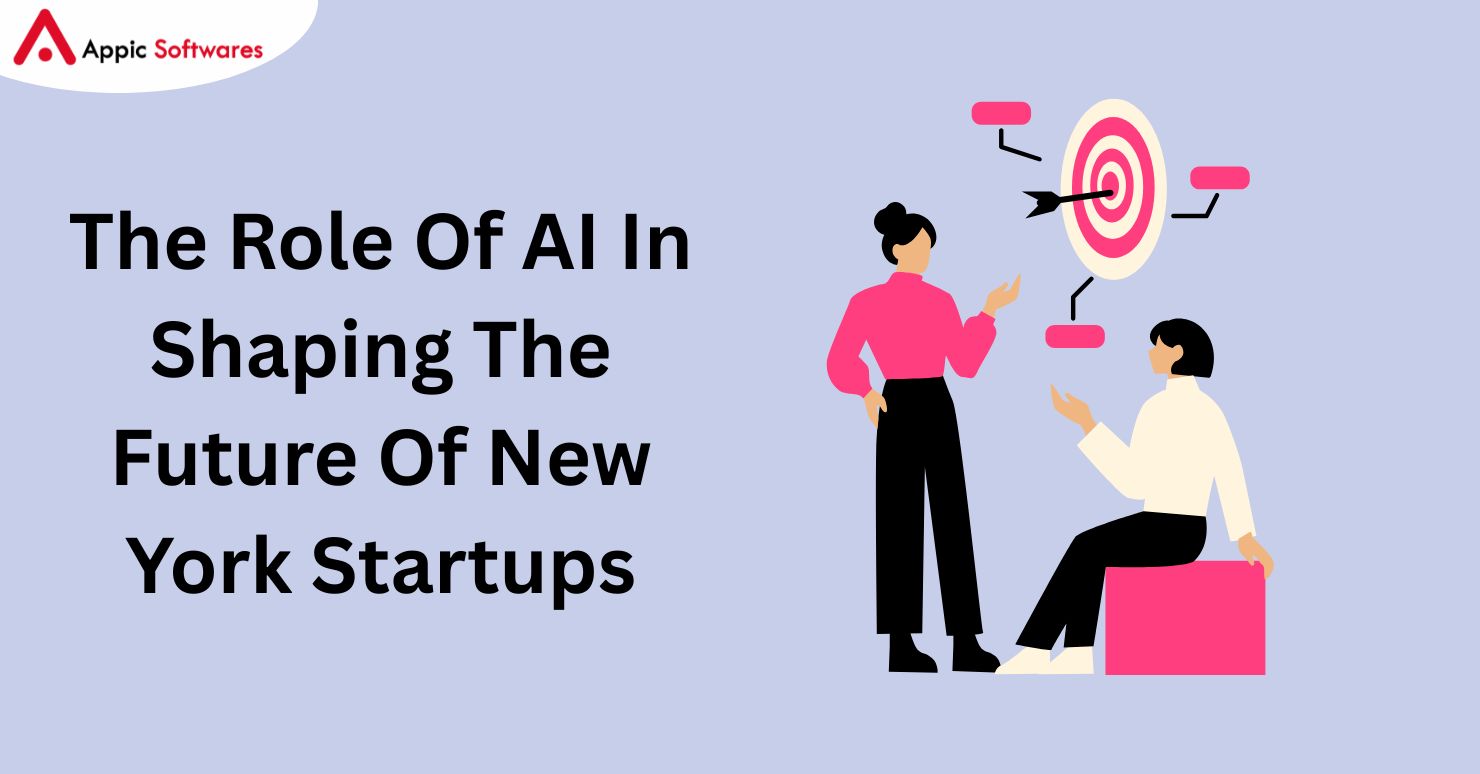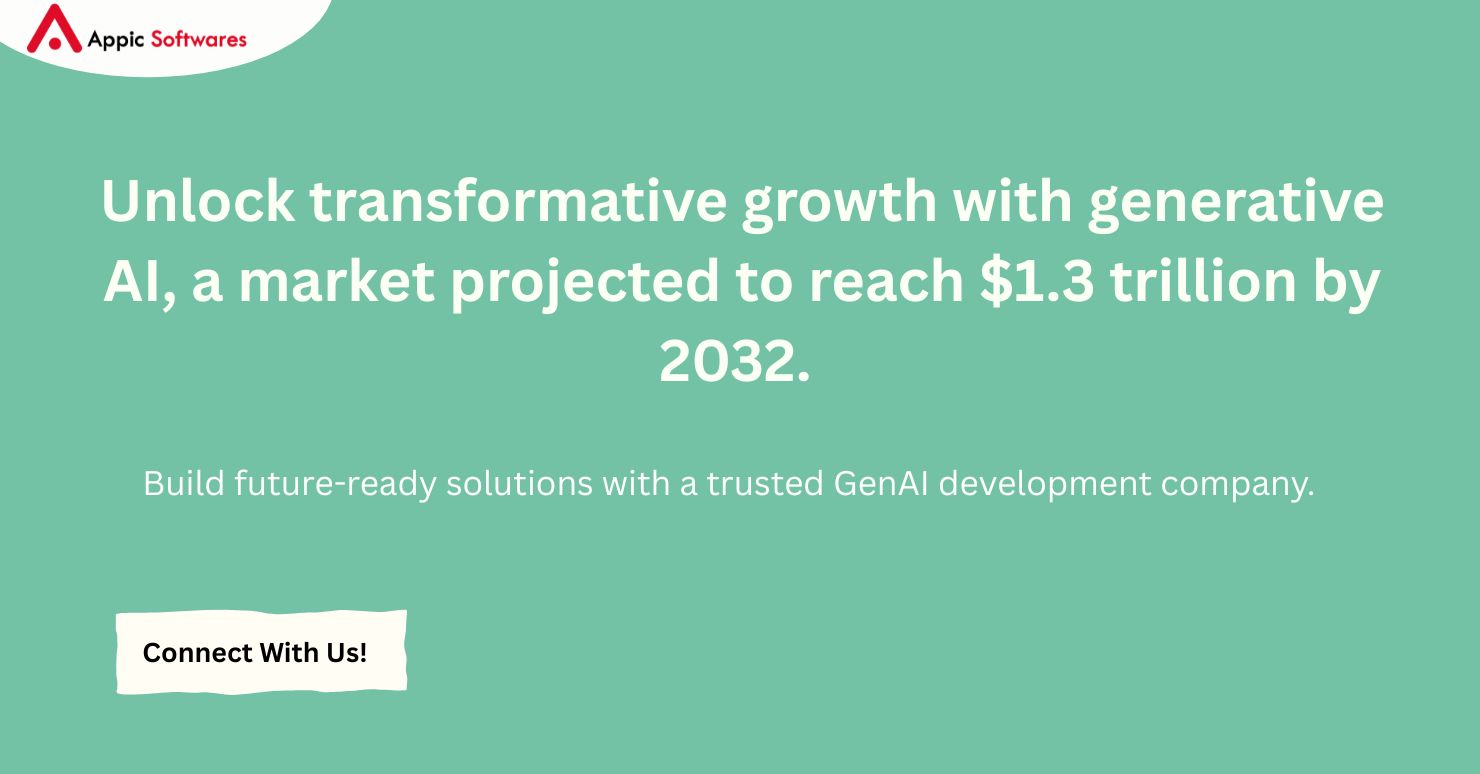
New York City is quickly becoming the place for AI in startups, especially in fast-growing sectors like embedded finance startups, where real-time insights and automation are key to customer trust and retention. The city now has more than 2,000 AI startups and over 40,000 AI professionals. AI in New York startups is not just a trend-it is now a big part of how businesses here grow and stay ahead. Startups face tight budgets and big rivals. They need to stand out. And they must move fast. AI tools can help them plan and act in real time. They can spot trends before they become clear to others. They can shape products to match what users want now, not later. By the end, you will see how AI fuels new ideas, finds cost savings, and boosts deal-making. You will learn the road ahead and how to start with AI in your own group.
The Rise Of AI Adoption In NYC Startups
Startups in New York use a range of smart tools. They add chatbots for help desks. They add code helpers to speed up builds. They add data tools to guide choices. And they add tools that learn from user behavior. This wave shows the power of New York tech startups in 2025 as they lean on these tools to grow.
Leaders share data across teams. The process cuts errors and frees people to focus on core work. Teams test new ideas in days, not weeks. They spot gaps in their work. Then they plug them with custom AI flows. The process keeps costs down and time tight.
City life adds more push. Firms must match big names fast. They must work smart. They use AI
to find flaws in code or draft designs. They use it to map out buyer paths. Then they tweak messages to fit each group. They can try many ideas at once. And they pick the best fast.
In 2025, studies indicate that AI tools like GitHub Copilot can lead to significant productivity gains. For instance, developers using such tools have been found to complete coding tasks up to 55.8% faster than those without AI assistance. Because of this, more small firms use AI than ever. They see peer wins and emulate them, join AI labs and meetup groups, share tips on forums, and test new apps before rivals. All of this shows that the rise of AI in New York startups is real and set to grow.
The Role Of AI In Shaping The Future Of New York Startups

AI-Driven Product Innovation
Startups use AI-powered product development to build new features. They feed data into tools that spot gaps in the market. Then they make early prototypes with less code. This approach helps them show prototypes to clients in days.
Teams ask the AI to sort user feedback. They learn which features users like most. Then they tweak products to match real needs. They cut time from idea to test. This way, they avoid long build cycles and waste.
Small groups use AI to run virtual labs. They test product options in a digital space. They gather clicks and survey data. Then they let AI pick the best path. This step lets them move from concept to live launch quickly.
This speed can be a big edge. But teams do still need a clear plan. They set goals and guardrails. They track data and adjust if moves stray. They also keep a manual check to catch odd outputs.
By using AI for early design, small teams in New York save cash and time. They can try more ideas in the same budget. And they learn from each test. Over time, this builds a cycle where new ideas hit the market fast.
Hyper-Personalized Customer Experiences
Teams use machine learning in business to give each user a unique feel. They feed data from web visits and orders into AI. Then the AI spots each user’s likes and needs. This lets startups send tips and offers that fit each person.
For example, an app can suggest a new tool based on past use. It can pick article topics that match a user’s goal. Or it can set up a chat that knows the user’s plan. And it can do all this live, as the user browses.
This approach can lift sales and keep users longer. It also cuts ad waste by only showing needed messages. And it can spot drop signals early if a user looks at exit pages. Then the team can send extra help before the user leaves.
Teams must guard data privacy. They set clear rules and let users opt out. They also keep data safe and only store what they need. This builds trust and meets norms and laws.
By adding hyper-personal steps, startups can match big firms in service. And they can keep a friendly tone. Each user sees a site that fits their own needs. That helps small teams stay in front of more clients.
Smart Operations and Cost Optimization
Startups tap competitive advantage with AI to run lean. They use AI to track spend on ads, tools, and staff. The AI spots areas where costs rise and flags waste. Teams then cut excess fast to stay on budget.
AI tools can sort invoices and flag odd charges. They can plan team schedules to match peak work times. They can choose supply options that cost less. And they can manage stock or cloud use to avoid extra fees.
Teams set goals and KPIs. Then they feed numbers to AI. The AI finds patterns that humans miss. For example, it can show that one marketing channel drives more sign ups at lower cost. Or it can show when team output is low and offer ideas to shift tasks.
By using these tools, startups can do more with less. They can open new lines or hire more staff without blowing budgets. They can also freeze spend on low-return work. This focus helps them last longer in the tough New York market.
Competitive Market Intelligence with AI
Startups use AI trends in NYC to watch rivals and markets. They feed news, social posts, and data into AI. The AI scans for shifts in buyer needs and tech moves. Then it alerts teams to new paths or risks.
For example, a health app might see a rival launch a new feature. The AI flags it and ranks its impact. Teams review the note and plan their reply. And if demand grows for a certain service, the AI spots it from web chatter.
This view helps teams plan product roadmaps. It also lets them set prices to match or beat rivals. And it can guide label changes or service bundles. All this helps small groups act like big firms.
To do this, teams pick data sources and feed them to AI. They set filters to drop noise and keep relevant hits. Then they meet each week to review the results and plan their next moves.
By so doing, they keep a pulse on fast shifts in New York. And they can seize each chance before rivals catch on.
AI In Fundraising And Investor Targeting
Teams use startup innovation with AI to find backers. They feed data on past deals and investor profiles into AI. Then the AI picks investors who match their stage and field. This cuts time from heavy research.
The AI can scan LinkedIn, news, and public filings. It finds those who have backed similar ideas. It scores each investor on fit and deal size. Then the team sends pitches that match each backer’s interest.
This makes outreach more personal and hits the right inbox. It also lifts reply rates and cuts wasted effort. Teams track which mail lines win and which links get clicks. Then they refine the list and the messages.
By using this path, small teams can match bigger firms in fundraising. They stay focused on best-fit backers. And they learn fast from each note and chat.
How Are Startups In NYC Using AI To Outpace The Competition?
| AI Use Case | Application in NYC Startups | Benefits | Tools & Examples |
| AI-Driven Product Innovation | Rapid prototyping, automated feedback sorting, and digital product labs | Faster time-to-market, reduced development costs, improved user alignment | AI prototyping tools, UX analysis AI, feedback analyzers |
| Hyper-Personalized Experiences | Customized content, smart product suggestions, and adaptive messaging | Higher retention, increased sales, reduced ad waste | ML personalization engines, behavioral tracking tools |
| Smart Operations & Cost Optimization | AI tracking for ad spend, staffing, inventory, and scheduling | Lean operations, budget control, optimized resource usage | AI schedulers, invoice scanners, budget analyzers |
| Market Intelligence | Monitoring competitors, trend detection, customer sentiment analysis | Agile strategy shifts, better pricing, faster innovation | NLP tools, sentiment analysis, competitor monitoring platforms |
| AI in Fundraising | Matching with investors, automating outreach, scoring investor-fit | Efficient fundraising, higher pitch success rates | AI-based CRM, investor databases, email optimization tools |
| Overcoming Challenges | Training, data cleaning, tool selection, small pilot projects | Easier adoption, lower risk, team alignment | AI bootcamps, data pipeline tools, low-code AI platforms |
| Future Outlook | Plug-and-play AI, connected workflows, real-time AI suggestions | Seamless scaling, more experimentation, founder focus on vision | AutoML platforms, workflow-integrated AI assistants |
Why Startups Struggle with AI (and What They Can Do About It)
AI is changing the way businesses work—but for startups, jumping in isn’t always easy. From missing skills to tight budgets, small teams face some real challenges when trying to use AI effectively.
1. Lack Of Skills And Good Data
One of the biggest roadblocks is that many teams don’t have people who really know how to work with AI tools. On top of that, they might not have clean, organized data, which AI tools need to work well. In fact, Gartner, Inc. predicts that by the end of 2025, at least 30% of GenAI initiatives will fail to make it past the proof-of-concept phase. Partnering with an experienced Generative AI development company like Appic Softwares can help overcome these challenges by offering expert talent, scalable AI solutions, and proper data handling practices
2. It’s Expensive
Building or buying AI systems can get pricey. Many tools charge based on how much you use them or how many people on your team need access. For a startup with a limited budget, these costs add up quickly. Plus, some founders are wary of sharing sensitive data with outside platforms.
3. People Resist Change
Rolling out new tools can change how people work, and not everyone is excited about that. Some team members may worry AI will take over their jobs or just make their tasks harder. This fear can slow down adoption.
4. Compliance Can Be Tricky
Startups in areas like finance or healthcare also have to deal with strict rules around data and privacy. Failing to follow regulations like GDPR or HIPAA can lead to big fines, up to €20 million or 4% of global revenue, whichever is higher. Making sure your AI setup is compliant takes extra time and effort.
So, What Can Startups Do?
Despite these challenges, many startups are finding smart ways to start using AI:
- Set Clear Goals: Know what you want to achieve before diving in.
- Train Your Team: Even basic AI training can help people feel more comfortable and confident using new tools. Reports says that companies that train employees in AI are 3x more likely to succeed.
- Start Small: Begin with simple, low-risk projects to test the waters and learn as you go.
- Pick the Right Tools: Choose AI tools that match your team’s size, budget, and data readiness.
Many startups tackle these challenges by opting for startup outsourcing to experienced tech teams. This allows them to access AI expertise without heavy upfront costs, making it easier to stay competitive in the fast-paced New York market.
The Road Ahead: AI’s Role In Scaling NYC Startups
And this is just the start. AI in New York startups will grow as tools get smarter and more open to all. Teams will link AI to design, code, and sales in one flow. And they will use it to spot new markets.
We will see more plug-and-play tools for small teams. They will need less code and less data to get value. AI will guide daily work and give live tips in apps. This will free founders to focus on vision and culture.
Teams that master these tools will gain a clear lead. They will use AI to test new paths, cut costs, and serve each user. And they will stay first in a city that never stops.
AI can cut hours off key tasks, spot new product ideas, and test features fast. It can also personalize user experiences, optimize operations, and help small teams compete with larger firms, all while staying within budget when you partner with a reliable AI development company.
Conclusion
AI in New York startups is no longer a fad. It helps teams test ideas fast, serve users well, and manage costs. New firms can use AI for product design, user support, and smart spending. They can find investors and watch rivals.
But
building and using AI is not always easy. You need the right tools, people, and know-how. That’s where Appic Softwares comes in. Whether you’re building AI tools for embedded finance startups, looking to hire developers for startup growth, or seeking reliable startup outsourcing partners, Appic Softwares helps you every step of the way.
Frequently Asked Questions
1. What is AI in New York startups?
AI in New York startups means using computer tools that learn from data to help teams work smarter. Startups use it to build products faster, talk with users, and make better choices.
2. How can a startup begin with AI in New York?
Begin by picking one task that takes a lot of time—like customer chat or data review. Try a ready-made tool, learn its steps, and see how it fits your team’s needs.
3. What benefits can AI bring to a small team?
AI can cut hours off key tasks, spot new product ideas, and test features fast. It can also guide ad spend and show which changes lift customer sign‑ups.
4. What challenges might a startup face when adding AI?
A team may not have clean data or the right skills to use AI tools. They may also need a budget for licenses or custom setups. And they must keep user data safe and private.
5. What comes next for AI in New York startups?
Tools will get even simpler and more open to all teams. Startups will link AI into each step of work, from design to sales. That will free founders to focus on big ideas. Startup outsourcing stories will also highlight how small teams scale fast with external AI expertise.



